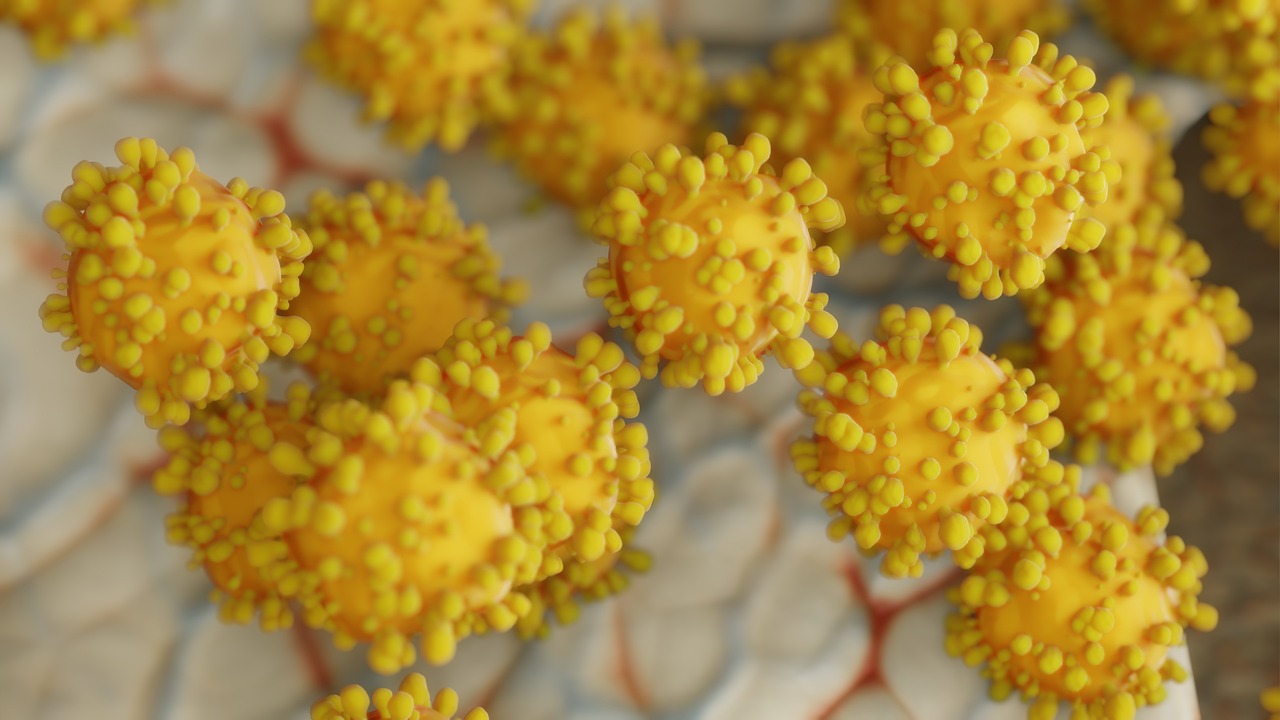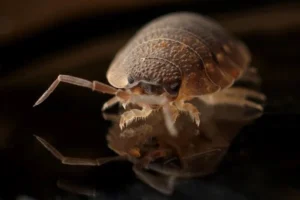Animal-based diseases will be the most dangerous to humans in the next five years.

The Chairperson of the Health Risk Preemptation Committee (Kovars) of Brigitte Otran revealed the dangers of the upcoming exceptional health conditions over the next five years in France. In an extensive consultation, she confirmed that 35 infectious diseases likely to be harmful to human health had been detected, some of which involved a high degree of risk, especially animal origin, which moved from animals to humans and vice versa.
In the coming years, the most serious diseases to human health will be associated with those animals that move from animals to humans and vice versa, and with arthropods that are transmitted, especially by mosquitoes, according to a French health agency on Wednesday.
At a press conference, the Chairperson of the Health Risk Preemptation Committee (Kovars) warned that “these risks exist, and it is not known when they will arrive, but it is known that they will arrive.”
Kovares submitted to the Ministers of Health and Research early in the week her opinion on the dangers of the exceptional health conditions that will occur in the next five years in France.
Infectious and unknown diseases
After consulting a number of French and international organizations and experts, Kovares has identified 35 infectious diseases likely to be harmful to human health, some of which involve a high degree of risk.
Among these diseases are those of animal origin, such as epidemic respiratory infections (animal influenza and new coronary viruses) and arthritis (especially dengue fever and West Nile virus infection).
This category also includes the possibility of an unknown disease associated with an emerging disease that is unknown today, in addition to acute respiratory infections in the winter.
In addition to epidemiological and infectious risks, events associated with climate and environmental changes are likely to increase the risk of the spread of emerging diseases, most of which are animal.
Kovares stressed the need to strengthen the health-care system “in order to avoid its exposure when a health risk occurs,” and called for “control of the incidence of mammal-to-species transmission” and “animal depots” of viruses.
The collapse of biodiversity
While eco-epidemiologist Patrick Giraudo and member Kovares explained that “it is the consequence of climate warming to prolong the appropriate period of vector proliferation during the year.” He noted that “tiger mosquitoes will be able to reach larger populations throughout the year and are likely to pose greater risks.”
“Our ozone exposure, an oxidizing substance, will also increase the risk of respiratory infections.” He stressed that “biodiversity collapse” would be another factor that would help to “spread epidemics.”




